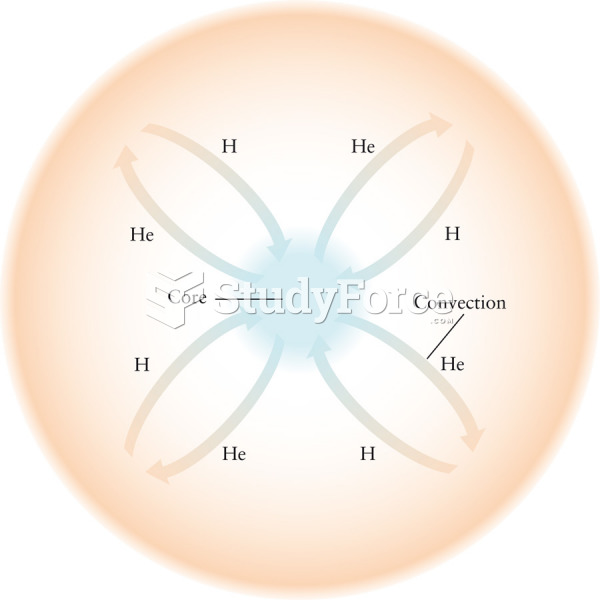Answer to Question 1
ANS: To Rogers, the fully functioning person is the most desirable end result of psychological development and social evolution. He described several characteristics of fully functioning or self-actualizing people as follows:
1. Fully functioning persons are aware of all experiences.
2. Fully functioning persons live fully and richly in every moment.
3. Fully functioning persons trust in their own organism.
4. Fully functioning persons feel free to make choices without constraints or inhibitions.
5. Fully functioning persons are creative and live constructively and adaptively as environmental conditions change.
6. Fully functioning persons are in a state of actualizing.
Answer to Question 2
ANS: Unconditional positive regard is the approval granted regardless of a person's behavior. In the case of an infant, if positive regard for the infant persists despite the infant's undesirable behaviors, this is unconditional positive regard. On the other hand, conditional positive regard is the approval, love, or acceptance granted only when a person expresses desirable behaviors and attitudes. Parents may not react to everything their infant does with positive regard.
Unconditional positive regard is not conditional or dependent on the child's behavior. However, when positive regard is conditional, infants learn that parental affection has a price; it depends on behaving in certain acceptable ways.
Children who receive unconditional positive regard do not have to internalize any conditions of worth. Therefore, their perceptions of life are not distorted and they are open to new experiences because nothing threatens their self-concept. However, children who receive conditional positive regard develop conditions of worth. External standards of judgment become internal and personal. They come to believe they are worthy only under certain conditions, the ones that brought parental positive regard and then personal positive self-regard. Children thus learn to avoid certain behaviors and no longer function freely. Because they feel the need to evaluate their behaviors and attitudes so carefully, and refrain from taking certain actions, they are prevented from fully developing or actualizing the self.







